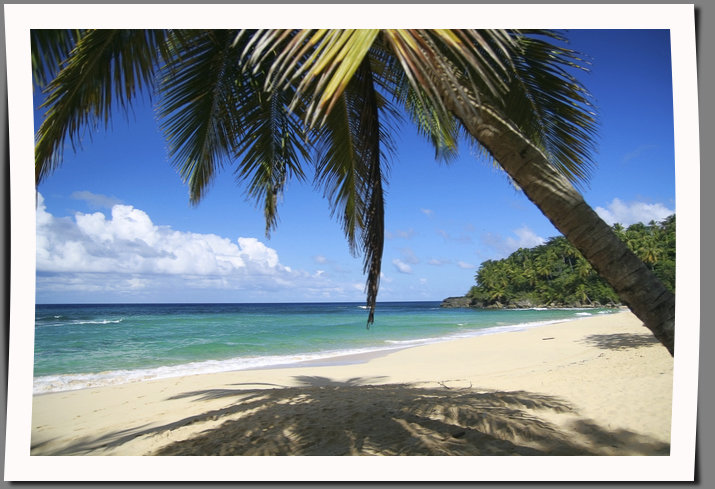
 Since the early 90s marketing experience has varied enormously due to the internet. Humble beginnings of writing brochure copy and image selection led to developing TUI's first ever online holiday brand, Just.co.uk, as well as defining the initial scope of the Thomson website.
Since the early 90s marketing experience has varied enormously due to the internet. Humble beginnings of writing brochure copy and image selection led to developing TUI's first ever online holiday brand, Just.co.uk, as well as defining the initial scope of the Thomson website.
One of the best learning curves from the growth of the internet over the years, and which is even more important to what I do today, was developing TUI's CRM strategy, including the creation of personalised eCRM engagement programmes and personal holiday micro sites.
Customer data is king and will be even more critical for brands to survive in the digital age, with consumers becoming less accepting of anything that isn't relevant to them.
The biggest impact personally has been in the past few years, understanding how, as marketing and digital director, to optimise a vast array of interdependent online and offline marketing tools.
Act like the pioneers of the Wild West
Low cost carriers sprung up offering flights to popular holiday destinations at prices cheaper than taking a taxi to the airport
My biggest lesson is that while the internet enables the world to become evermore accessible with limitless content, the key for any brand is to remain singularly minded. As those pioneers did in the Wild West, you have to stick a very clear stake in the ground and build your empire on top of it. The internet just helps more people reach you, if you use it wisely.
Back in the early 90s the development of the internet impacted travel more than any other industry.
Overnight, consumers could access airlines and hotels directly to DIY their perfect holiday and cut out the middleman for lower prices.
Low cost carriers sprung up offering flights to popular holiday destinations at prices cheaper than taking a taxi to the airport, and online travel agents and bedbanks created platforms with tens of thousands of hotels to choose from.
The convenient one-size-fits-all package holiday looked destined for the scrapheap as consumers tooled their holiday plans into their own hands. Until that time package holiday companies' marketing had been very price led, but the new pricing model from low cost airlines made it impossible for a tour operator to take the leading price position. Something needed to change.
Package holidays re-asserted their value
As a result in the late 90s the primary focus of Thomson's brand strategy turned to value-add: the quality of service and hotels to guarantee peace of mind. But TUI was also keen to make its mark among the new players and introduced its own low cost airline, Thomsonfly, alongside a much broader hotel offering.
Given that 70% of web searches will be via video by 2017, according to Google, the future could well be virtual holidays enjoyed on personal headsets
Marketing investment was doubled to cover both the tour operator and grow the airline, but operating a low cost model within the legacy business was not cost effective and, following the merger of Thomson and First Choice in 2007, the strategic emphasis switched firmly back to modernising the package holiday through differentiated holiday concepts.
The next big internet revolution in travel was founded in 2000 and took a while to catch on. TripAdvisor was one of the pioneers of social media as we know it today and, once at scale, consumers started to see the benefit of the transparency it brought to foreign holidays.
After learning harsh lessons of dipping into social conversations we quickly learned that the only way to manage social is self-regulation and to take specific issues offline with the individual. Because holidays are an intangible product, social media and rich content are essential for consumers to get a taste of their holiday before they buy, especially if it is seen as unbiased.
Since the improvement in broadband speed and video technology and the appetite for rich content, travel companies have been able to bring their holidays to life in much more engaging ways.
The internet has made the world a much more accessible place and given that 70% of web searches will be via video by 2017, according to Google, the future could well be virtual holidays enjoyed on personal headsets.
Imagine lying down in your office and disappearing to the Maldives over the lunch break!



.jpg)
.jpeg)
